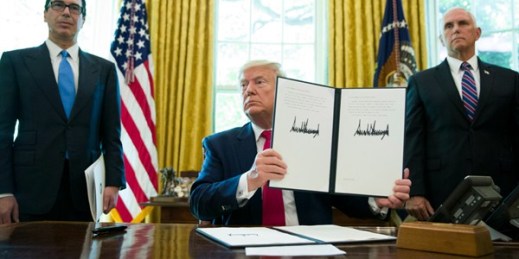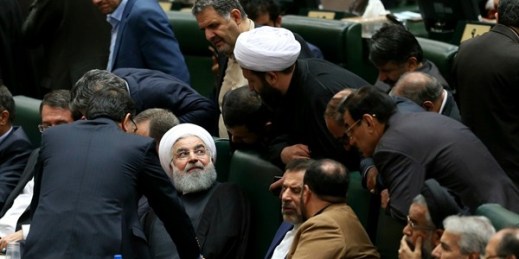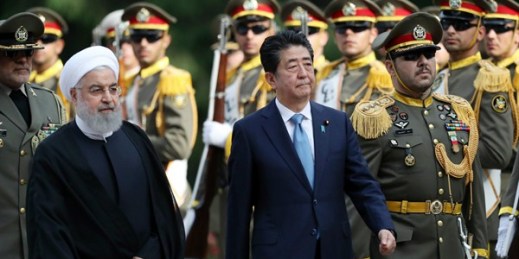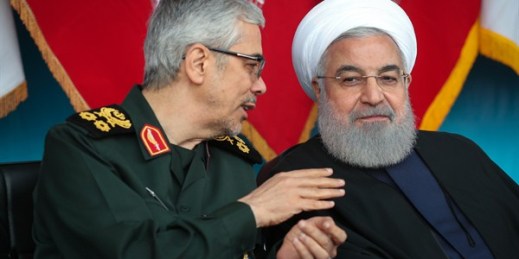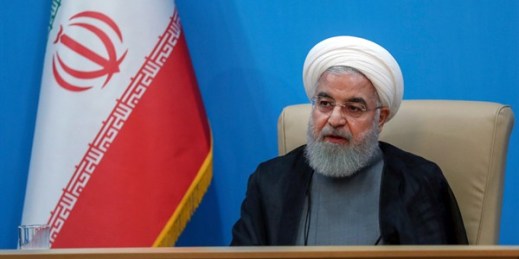
In recent weeks, Iran has elevated its long-simmering tensions with the United States to a dangerous new level, shooting down a U.S. reconnaissance drone over the Gulf of Oman, apparently launching a series of attacks on oil tankers in the Persian Gulf, and announcing that it will stop complying with some of the conditions in the 2015 multilateral nuclear deal that President Donald Trump earlier abandoned. Now, the U.S.-Iran standoff is dangerously close to becoming an outright confrontation. The timing of this escalation seems perplexing. Why would Iran go out of its way to provoke the United States when Trump […]


